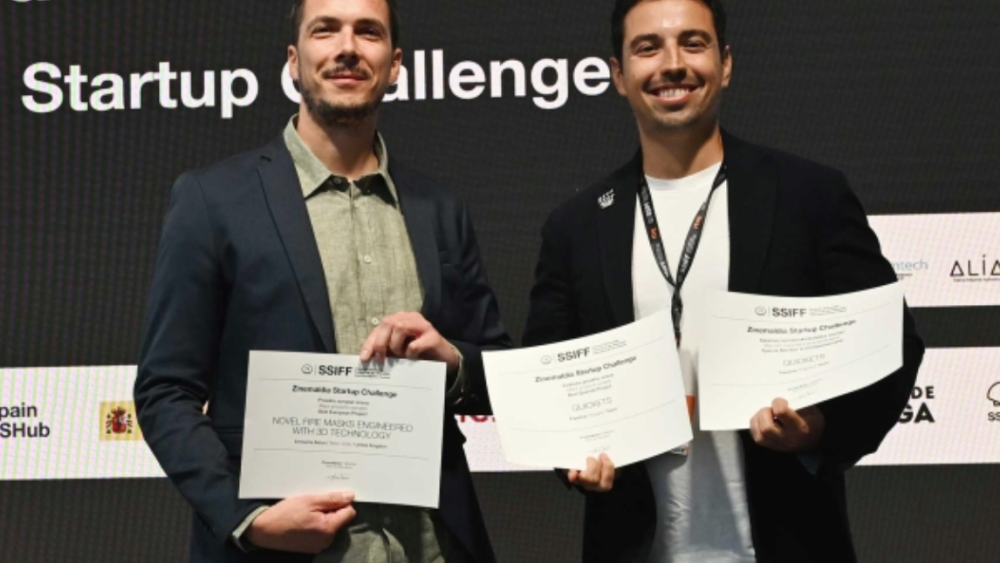By The Hindu Bureau
Copyright thehindu

Researchers from the Indian Institute of Science (IISc) have developed a new siphon-based thermal desalination system which can transform salty seawater into clean drinking water.
This system is said to carry out the process in a faster and cost effective manner compared to the existing methods.
According to the Department of Science and Technology, traditional solar stills, which mimic nature’s water cycle, have long been promoted as simple water purifiers.
Two challenges
However, the department said that this method faces two persistent challenges which are salt buildup, where crusts form on evaporator surfaces resulting in blocking water flow.
The second challenge with this method is scaling limits where wicking materials can only lift water about 10–15 cm, restricting system size and output.
The department said that the IISc team of researchers have addressed both challenges using the principle of siphonage.
The siphon-based thermal desalination system developed by the researchers uses a composite siphon which is a fabric wick paired with a grooved metallic surface.
The fabric draws salty water from a reservoir, while gravity ensures a smooth, continuous flow. Instead of allowing salt to crystallize, the siphon flushes it away before buildup occurs.
“The water spreads as a thin film across the heated metal surface, evaporates, and then condenses just two millimeters away onto a cooler surface. This ultra-narrow air gap significantly enhances efficiency, producing more than six liters of clean water per square meter per hour under sunlight which is several times higher than conventional solar stills,” the department said.
By stacking multiple evaporator–condenser pairs, the device recycles heat repeatedly, squeezing maximum output from each ray of sunshine.
The department said that the desalination unit is low-cost, scalable, and sustainable, relying only on simple materials such as aluminum and fabric.
For off-grid communities
The system can run on solar energy or waste heat, making it suitable for off-grid communities, disaster zones, and arid coastal regions. It can also handle extremely salty water (up to 20% salt) without clogging which is a major advance in brine treatment.
The department said that this system could help secure safe drinking water for millions in water-stressed regions.
“From small villages to island nations, the siphon-powered desalination system may finally make the ocean a dependable source of fresh drinking water,” it said.



